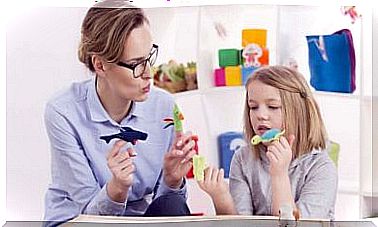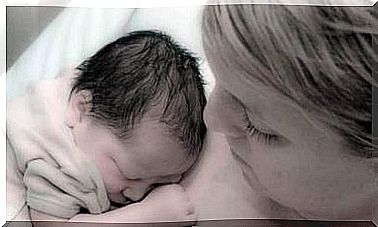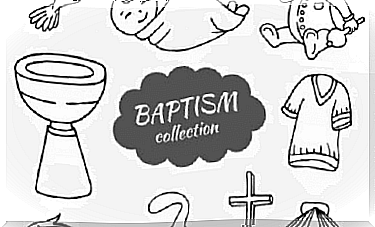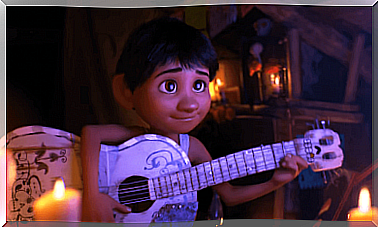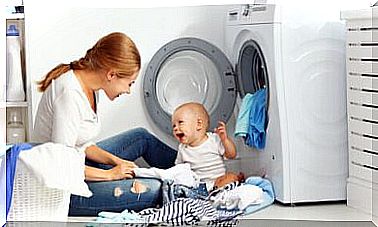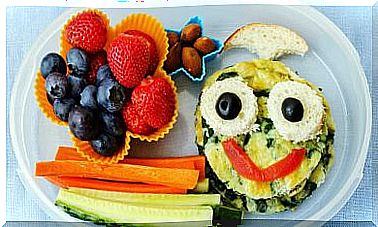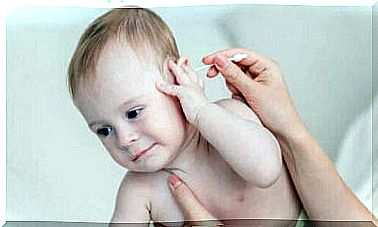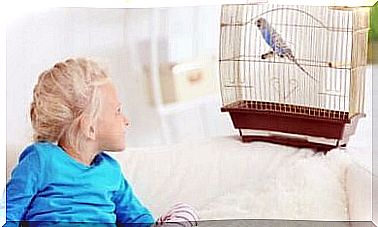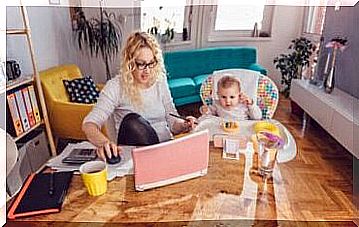Toxic Parents: Keys To Identify Them – Being Parents
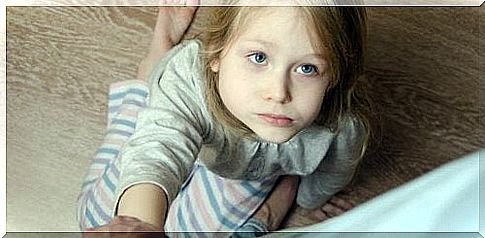
Parenting is a difficult task, and we often wonder if we are doing it right. But sometimes we do not think about thinking and wondering if what we do for our child is good for his happiness, or for ours.
This is where we recognize parents who are called toxic parents: those who think they are helping or protecting their children, when in reality they are hurting them without realizing it.
From the moment we become parents, our only concern is the well-being of our children. We want to offer them all the opportunities that we have not had, and often without being aware of the difficulty and the work that reaching these opportunities involves.
On other occasions, however, we behave too seriously and too strictly, which is also negative. And the same happens when we put our needs ahead of theirs, or when we absolutely want them to act the way we want them to.
This is why we must ask the following question: How to identify a toxic parent?
Types of toxic parents
Parents hens
It is these parents who overprotect their children, taking care of all their tasks and all their problems. Discussions with teachers, until choosing the friends they need.
This situation ends up causing stress and anxiety in the child.
Such behavior prevents the proper development of the child towards independence. And can make it difficult for him to cope with certain situations that are made to mature emotionally.
Competitive parents
It is these toxic parents who project their frustrations and aspirations onto their children.
These are often assertive people , who demand their children to have the best grades in the class, or to distinguish themselves in a discipline, even when it involves hours and hours of hard work. Most of the time, they don’t think about asking their children what they really want themselves.
This type of parenting behavior creates future adults with a strong competitive spirit who suffer from stress issues, a need for recognition and acceptance, and very low self-esteem.
Parents marshmallows
At first glance, they correspond to the ideal parent in the eyes of a child: permissive, generous and complacent.
They do not set limits for their children and go through their whims. They think they are making them happy that way, but in reality, they are shaping children who are made to become selfish and temperamental.
These are often people who have suffered from a strict upbringing or who are not present enough at home. They try to fill the emotional gaps of their children by giving them gifts or by giving them excessive freedom.
The manipulators
These are the parents who want their child to do what they want, and how they want. They often use emotional blackmail or psychological violence (and in extreme cases physical violence as well) and manipulation.
They are raising children suffering from a tremendous sense of inferiority and guilt, which will then be easily manipulated.
These are people who victimize, able to lie for their own benefit. Basically, they are personalities characterized by selfishness.
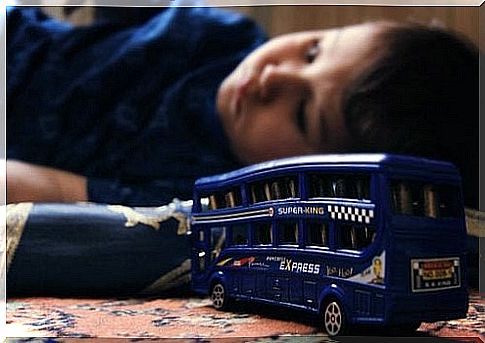
Absent parents
As the name suggests, these parents are hardly ever present in their children’s lives. This may be because of their job, or because of a marital separation.
The children then suffer from a great feeling of abandonment and show significant emotional deficiencies. Many of them feel both hatred and admiration for this type of parental figure.
These toxic parents don’t see their children as a priority in their lives.
Parents friends
Parents like this try to be their children’s best friends. Like marshmallow parents, they set no limits in thinking that they will be loved more by their children.
They often use expressions that they consider to be “youthful” expressions. And they can behave inappropriately and be overly permissive.
They tend to have this same attitude in front of their children’s friends, which often generates feelings of rejection and shame in them.
This behavior prevents them from being taken seriously. These parents are not seen as authority figures, nor respected as such; which ends up causing a serious estrangement between parents and their children.
Are there solutions to a toxic attitude?
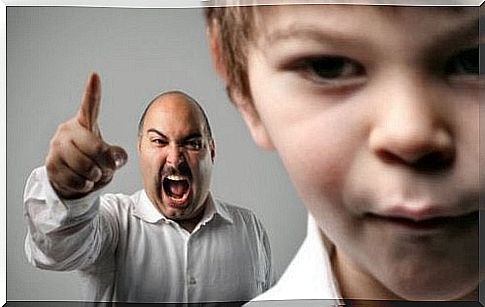
If you recognize yourself in one of these groups, it is still possible to change your behavior. There is no point in punishing yourself or feeling guilty. The important thing is just to be aware of the problem, if there is one. Sometimes we become toxic parents because we want the best for our children. The problem is, what you think is good is not always good.
There is only one childhood and your child needs to spend it with you. Even if he has many other father and mother figures around him, you will always be his point of reference. You need to be attentive to his needs and try to empathize with him as much as possible. Because it’s true, no one knows it better than you.
We must never forget that children are also people with all their fears, wishes and feelings. They are as important as adults. This is why we must respect and value them, because the rest of their life will depend on the emotions felt and the way they were treated during childhood.
